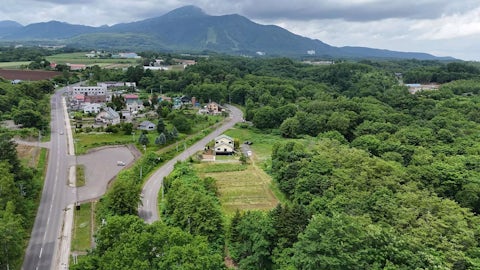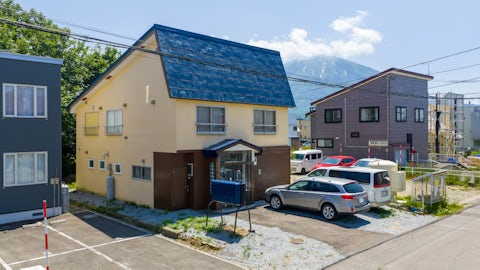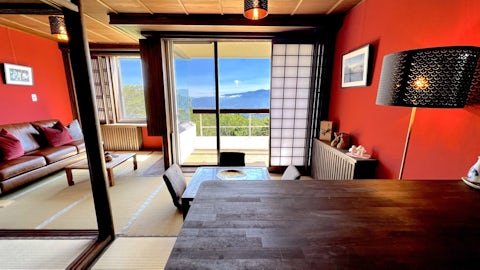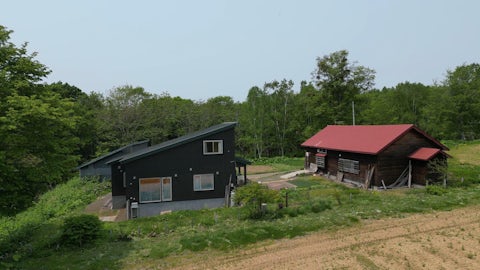
Japan's cherry blossom season offers many tourist attractions and unique spring experiences. However, it can also be overwhelming. To enhance your experience and avoid inconveniencing locals, it's important to educate yourself on common tourist mistakes.
Booking bullet train tickets in advance
Public transportation in Japan is reliable and efficient. There's no need to book tickets in advance. You can go to the station, get your ticket, and hop on the train to your desired destination. However, if you want to avoid any last minute panic, give yourself plenty of time before your departure so you can get the right ticket and maybe even pick up a bento for the train! Also note that popular routes and times can often fill up the “reserved seats” sections of the train, so getting an early ticket can guarantee you a seat by the window to enjoy the view!

Bringing many toiletries
Many hotels and even traditional Japanese inns (ryokan) provide complete toiletries. If your accommodation is missing anything, you can almost certainly pick it up at a nearby convenience store like 7-Eleven, Lawson or FamilyMart.

Carrying suitcases everywhere
In Japan, stairs are everywhere, making it inconvenient to lug around heavy suitcases. To simplify your travels, you can store your luggage in coin lockers at train stations for under ¥1,000. Many hotels also offer services to send your luggage to your next stop or directly to the airport for an extra fee. Alternatively, consider traveling light with just a carry-on.

Not calling the waiter and providing tips
When eating out in Japan, it is essential not to wait for the waiter! Instead, you grab the waiter's attention by raising your hand and shouting “Sumimasen” (“Excuse me” or “Sorry”). In other restaurants, there is a button where you can call the server. Additionally, tipping is not practiced in Japan so there is no need to leave any extra cash - in fact in many areas it would make the staff feel uncomfortable and might cause confusion.

Using public Wi-Fi
Although most public spaces in Japan have free Wi-Fi, the connection is usually slow and unreliable. It's useful to pick up a pocket Wi-Fi or travel SIM card. You can arrange it online beforehand or purchase one once you arrive at the airport. It's affordable and easy to set up!

Overestimating your itinerary
We’ve all done this: in our excitement for a trip, we pack too much in and plan too many activities. Avoid this mistake and take breaks when needed. Additionally, most accommodations have laundry services, so there's no need to pack a different outfit for every day.We’ve all done this: in our excitement for a trip, we pack too much in and plan too many activities. Avoid this mistake and take breaks when needed. Additionally, most accommodations have laundry services, so there's no need to pack a different outfit for every day.

Talking out loud
Japanese culture values quiet and respect in public spaces. Avoid loud conversations in:
- Trains and subways
- Cafes, museums, and bookstores
- Traditional temples and shrines
Instead, speak in a low voice to avoid disturbing others. The best advice is to follow the crowd - just because you are speaking in English does not mean that you aren’t disturbing people (nor that you cannot be understood!)
Ignoring Japan's weather
Many tourists underestimate Japan's climate. Research the weather of the specific places you'll visit and pack appropriate clothing, including an umbrella or raincoat, as sudden showers are common. Japan’s temperature can range from minus 20 in Hokkaido in winter up to over 40 degrees in the mainland in summer.

Purchasing new clothes
With the yen weakening, many tourists flock to luxury stores to buy designer items. However, Japan has a thriving second-hand luxury market where you can find authentic, high-quality items at discounted prices. Visit stores like 2nd Street, Kindal, or RAGTAG for pre-owned luxury bags, clothing, and accessories in excellent condition. Shopping second-hand is also an eco-friendly way to build a stylish wardrobe.

Overspending at convenience stores
Prices for drinks and snacks tend to be higher at vending machines and convenience stores than at supermarkets. You’ll save some money by sometimes heading to a supermarket instead. Plus, you'll have more options to choose from.

Japan is one of the most tourist-friendly countries, but understanding local customs can make your visit even better. Plan ahead, travel light, and embrace Japan’s culture of respect to ensure a smooth and enjoyable experience.












